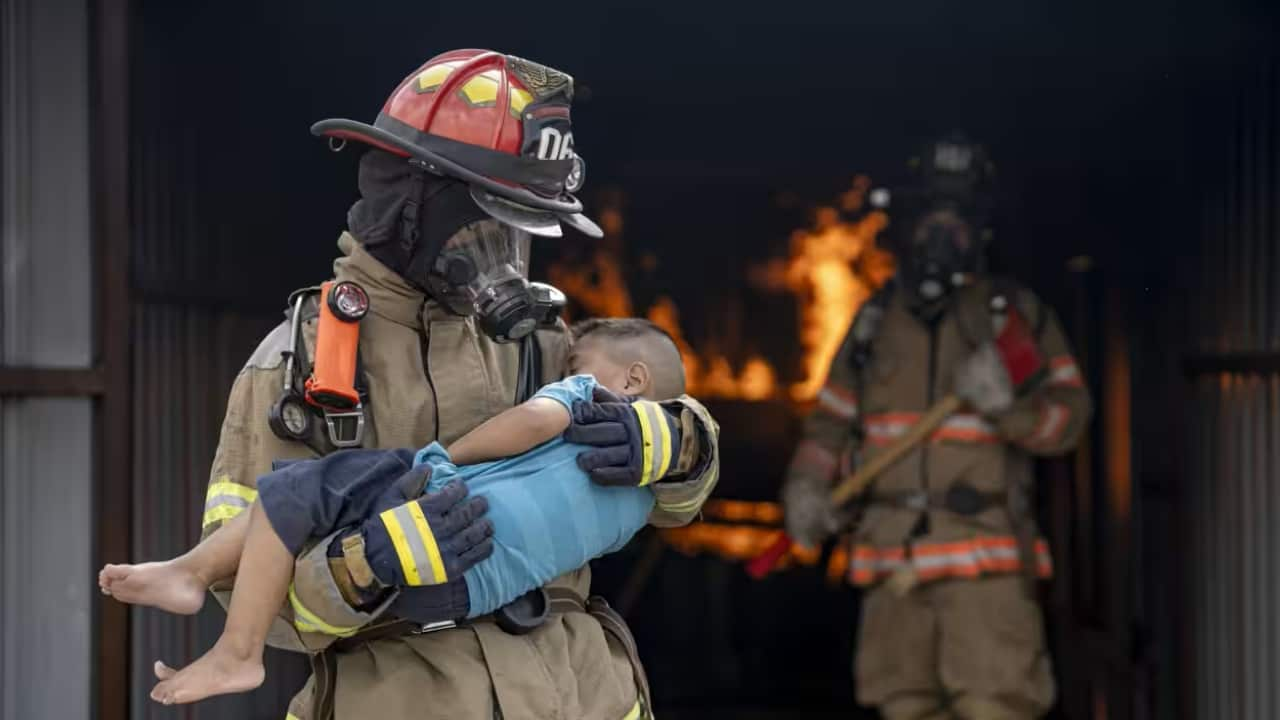Although most accidental house fires are preventable, it doesn’t take much to spark one.
The consequences of a fire can be irreversible. The smallest of flames can lead to devastating damage or even fatal tragedy.
A joint 2019 study by Natural Hazards Research Australia and Fire Rescue Victoria, suggests that more people are killed in residential fires each year than through other natural hazards, such as floods, storms, and bushfires, combined.
Andrew Gissing is the co-author of the study and the Chief Executive Officer (CEO) of Natural Hazards Research Australia.
He says their findings on preventable fatalities and fire safety remain relevant.
“So residential fire fatalities are unfortunately too common in Australia. Our research showed that between 2003 and 2017, 900 people had died in preventable residential fires. Each one of these fatalities is an absolute tragedy. The number of fatalities averaging across that period of time, was 64 deaths per year.”
Research also shows that most fatal fires at home occur during winter due to the unsafe use of heating devices or methods.
Fire authorities urge people to use their heating devices in accordance with their manufacturers' recommended practices.
This means avoiding using outdoor heating equipment indoors, including those that use 'heat beads' or Liquefied Petroleum Gas (LPG) as a fuel source.
Mr Gissing says heating equipment designed for outdoor use is not suitable indoors, as it can also lead to a build-up of carbon monoxide which could become lethal.
“Preventable residential fire fatalities occur more commonly during winter. Many of these been caused by heaters or open fires, etc. And certainly, people during the winter months should be particularly mindful when they're using heaters or open fires, etc, of the associated fire risks.”
